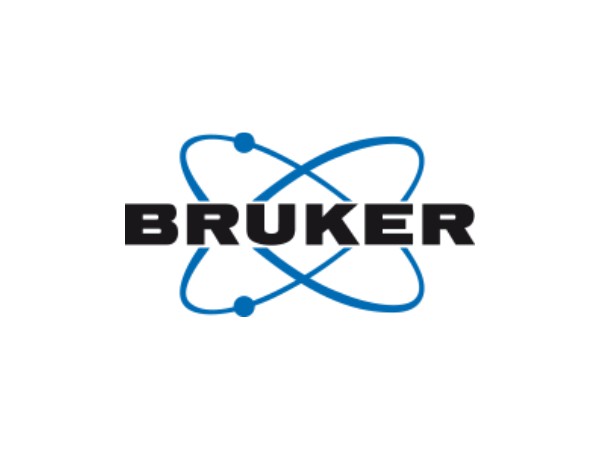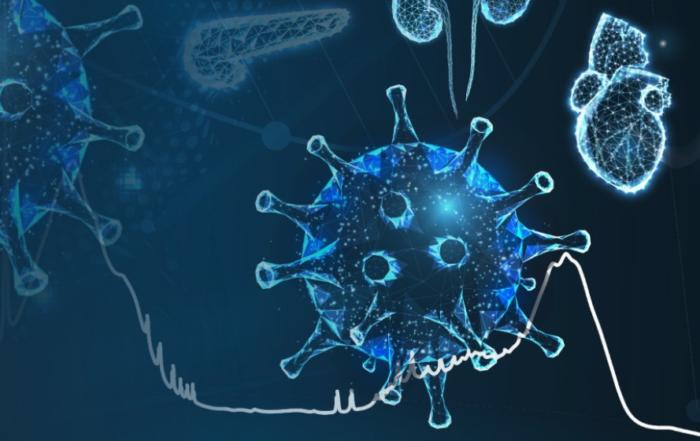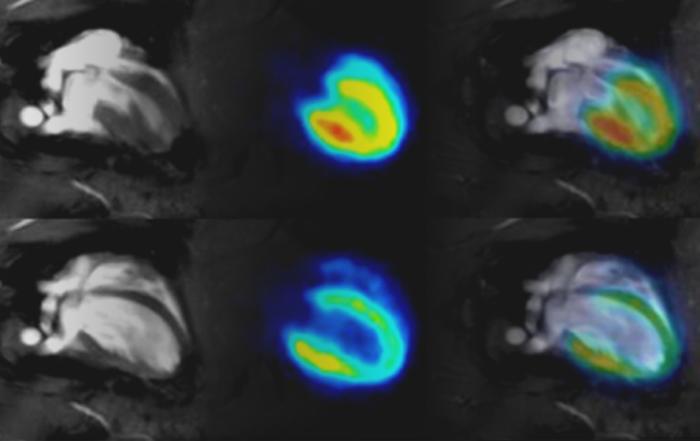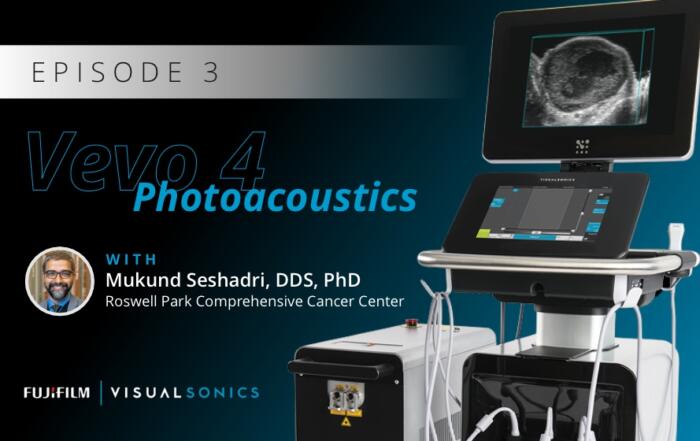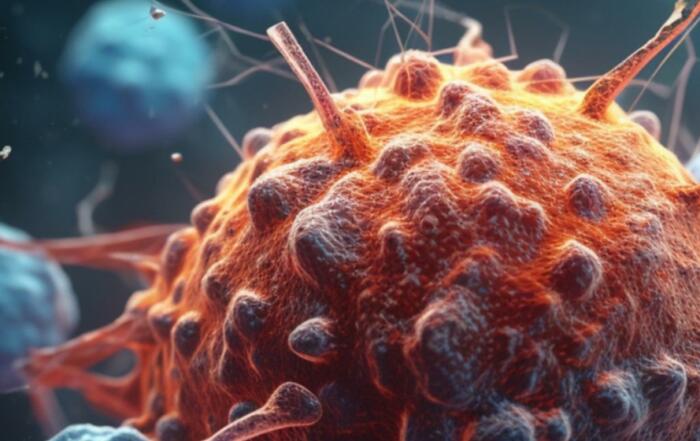Experts discuss the synergies and implementation of state-of-the-art hybrid PET/MR technology and the new avenues of exploration it affords in the fields of neuroscience, cancer, and metabolic disease through to dual molecular probe development.
Positron emission tomography (PET) combined with magnetic resonance imaging (MRI) is a hybrid technology that brings together molecular sensitivity & specificity, morphologic and functional imaging to enable simultaneous, complimentary small animal imaging that does not alter the physiological state. This complimentary, simultaneous imaging opens new areas to explore across various fields including neuroscience, cancer, metabolic disease, and molecular probe development. PET/MR combines the fields of nuclear medicine, molecular imaging and radiology to provide simultaneous, complementary small animal imaging that does not alter physiological parameters.
In this Bruker webinar, preclinical molecular imaging experts Peter Caravan and Michael Heidenreich will discuss the synergies of this hybrid technology and the new avenues of exploration it opens up across areas ranging from neuroscience, cancer, and metabolic disease through to dual molecular probe development. The implementation of state-of-the-art hybrid PET/MR technologies will be discussed with a focus on the PET Insert Si198 for mice and rats, applications using the Bruker BioSpec 47/40 PET/MR, and the introduction of the new PET Insert Si103 for mice and rat head applications using small bore Bruker MRI scanner.
Key Topics Include:
- New applications enabled by PET/MR across areas including oncology, neuroscience, metabolic diseases, and molecular probe development
- Implementation of state-of-the-art hybrid PET/MR technologies
- First results and introduction timeline of the new “PET Insert Si 103”
Presenters
Co-Director
Institute for Innovation in Imaging (I3)
Massachusetts General Hospital
Vice President Nuclear Molecular Imaging
Bruker BioSpin


